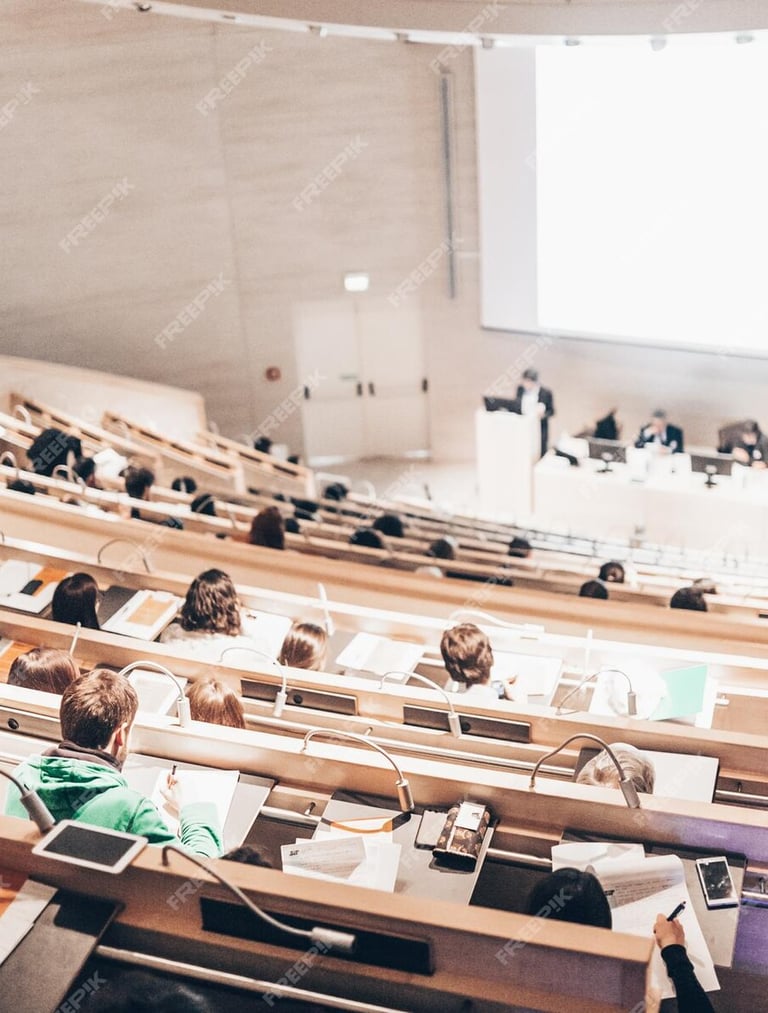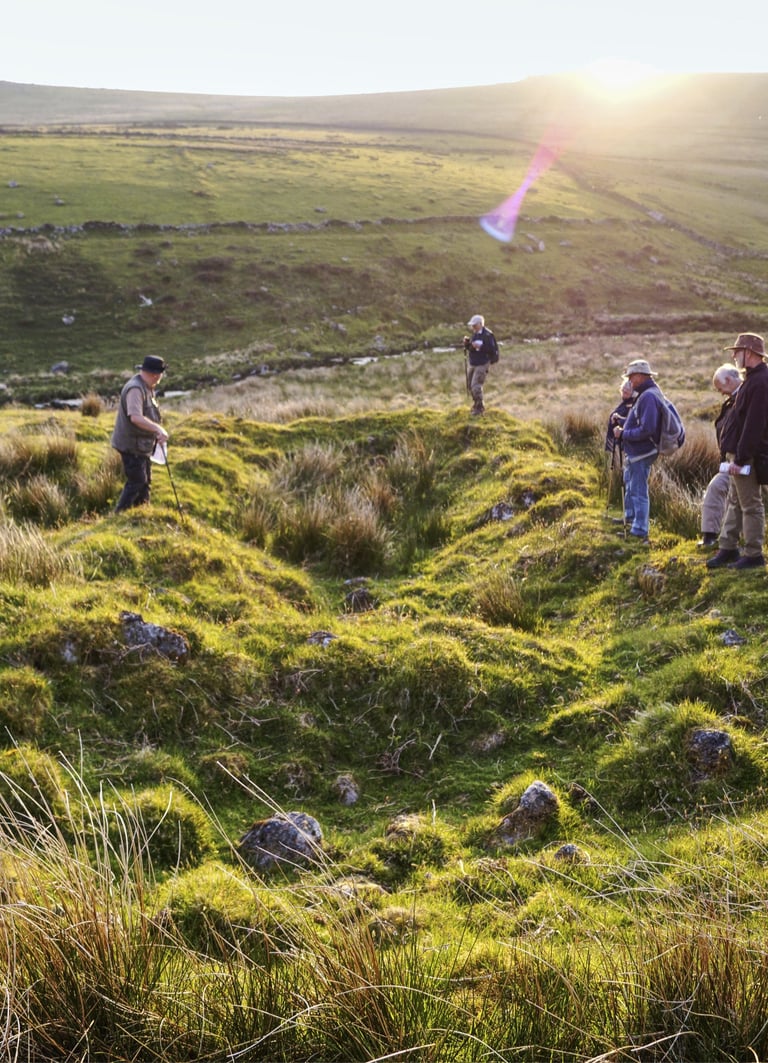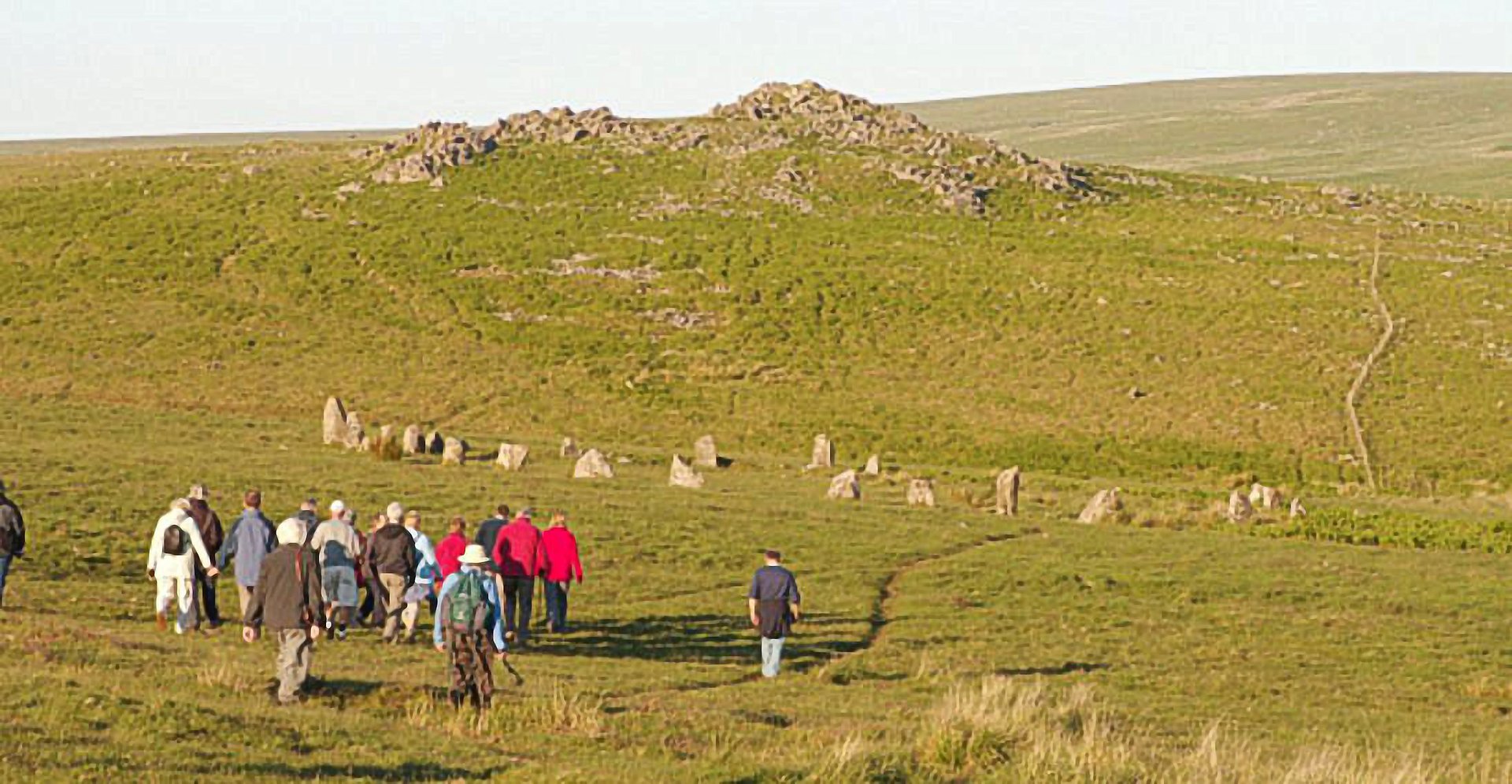
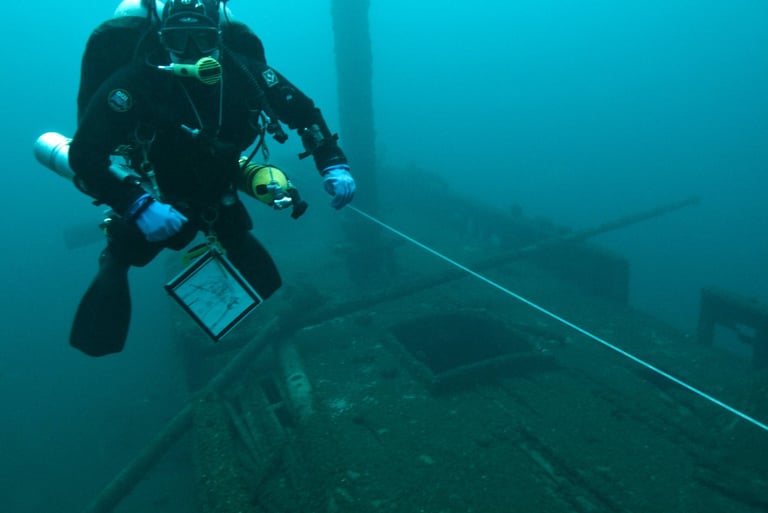

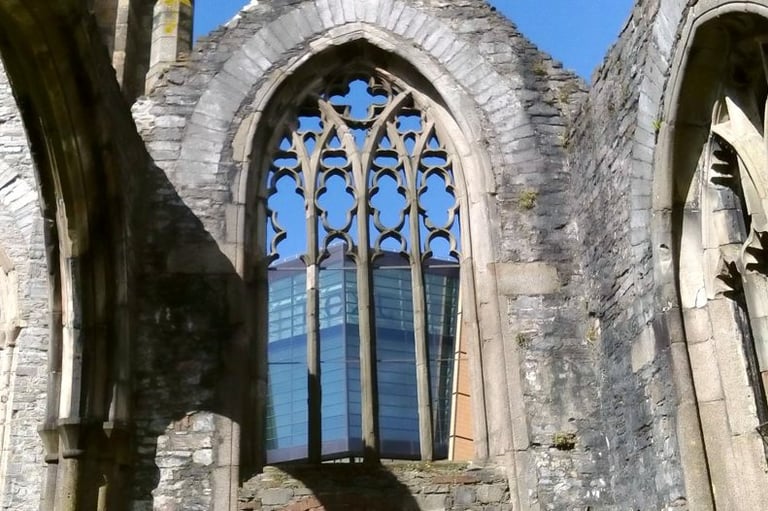

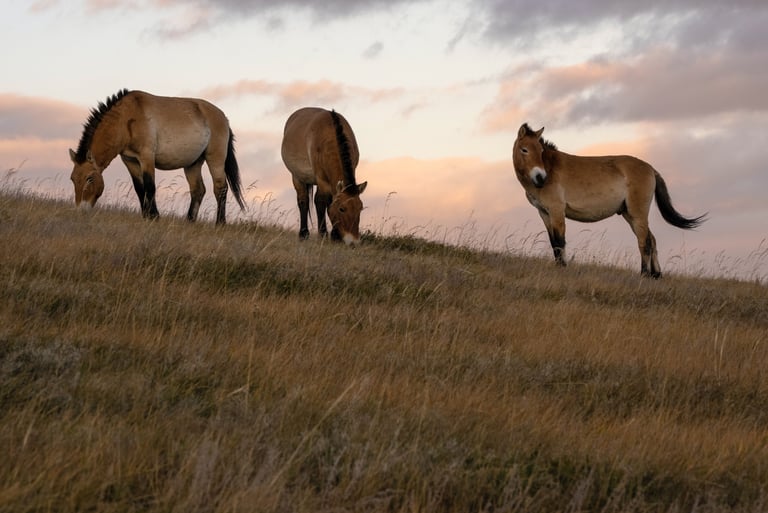

For Marine to Moor and Urban
Next Winter Lecture
1 December 2025
The Reclamation of Exmoor revisited
Professor Ralph Fyfe, University of Plymouth
Winter Lecture Programme
2025 - 2026
A series of monthly lectures from October to April each year
Monthly visits to sites of archaeological interest
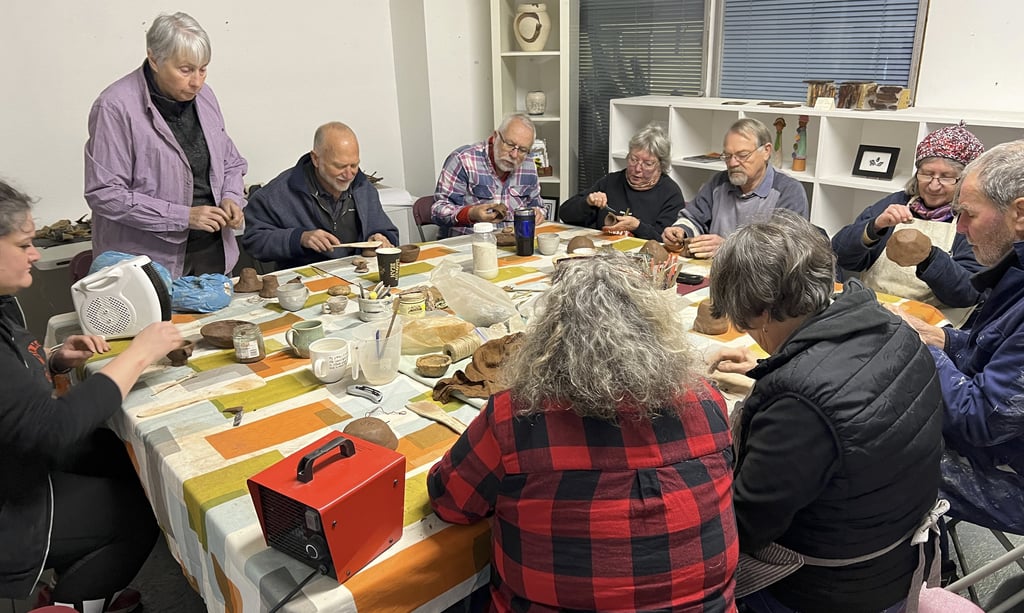

Workshops
Summer Walks
In 1818 the Royal Forest of Exmoor was sold to the Knight family, who set about the largest single land reclamation scheme in southern England. Their efforts at land reclamation, planned settlement, arable farming and landscape design continued for over 70, before being finally abandoned. This talk will draw on results of the "Reclaiming Exmoor" project, a 2-yr research programme led by Ralph with Professor Henry French (University of Exeter), combining historical archival information with new highly detailed palaeoecological research.
Ralph has worked at the University for almost 20 years, his interests lie in how we have transformed the environment around us, and how that environment might have shaped what is possible for us. Owing to the nature of the questions he is interested in, he tends to work collaboratively with a wide range of disciplines, including social scientists, historians, archaeologists, geneticists, and biologists amongst others.

